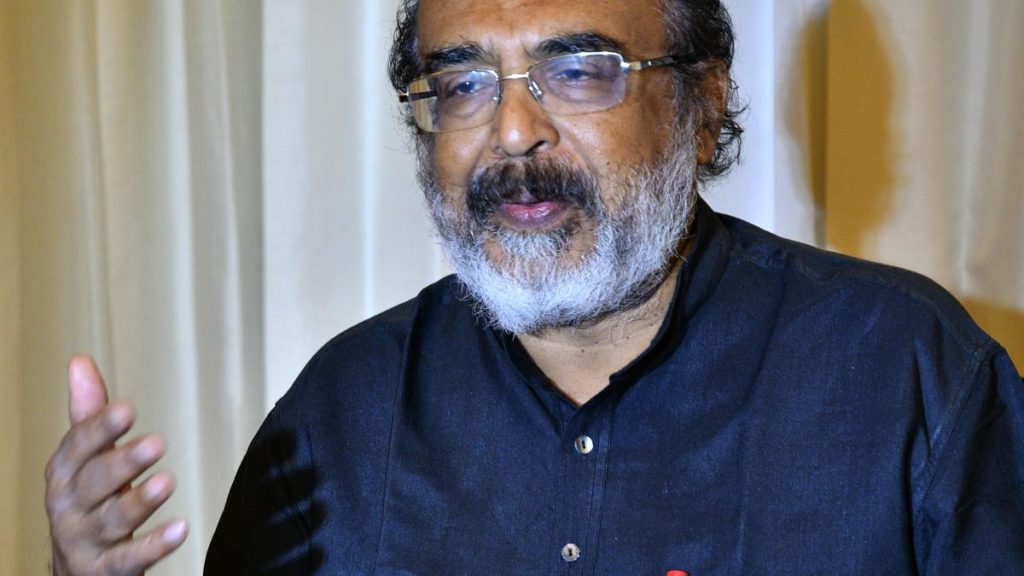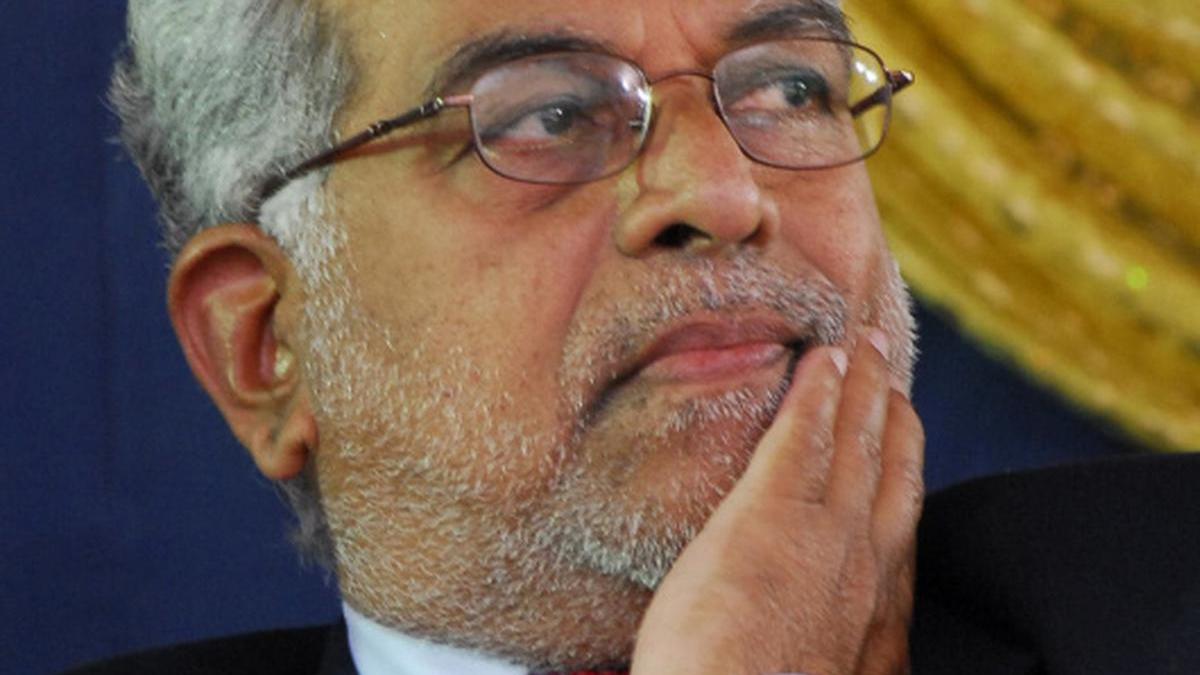Now Reading: Lancet Report Highlights Key Role of Lifestyle in Mental Health Improvement
-
01
Lancet Report Highlights Key Role of Lifestyle in Mental Health Improvement
Lancet Report Highlights Key Role of Lifestyle in Mental Health Improvement

Swift Summary
- A new Lancet Psychiatry Physical Health Commission report underscores the importance of lifestyle interventions in managing physical health alongside mental illness care.
- 70% of deaths in people with severe mental illnesses are attributed to physical health conditions, with cardiometabolic risk factors being 1.4 to 2 times higher compared to those without mental illnesses.
- Key lifestyle factors-physical activity,nutrition,smoking cessation,and sleep-should be central components of treatment alongside medication and counseling.
- Findings from 89 lifestyle intervention studies and 18 meta-analyses suggest tailored approaches for improving life expectancy by bridging a current reduction of 13-15 years for patients with mental illnesses.
- systemic barriers like poverty, housing insecurity, education gaps, and inequality must be addressed in tandem as structural obstacles impacting both mental and physical healthcare outcomes.
- The report recommends improved coordination among healthcare levels (primary to tertiary), comprehensive routine monitoring of patients’ physical health parameters, retraining healthcare personnel across diverse settings like resource-constrained areas.
Indian Opinion Analysis
The Lancet Psychiatry Physical Health Commission’s findings spotlight an overlooked area in healthcare policy: the direct interplay between lifestyle factors and both mental and physical health. For India-a nation grappling with resource scarcity yet immense patient loads-the integration of these recommendations signals potential systemic improvements. However, practical implementation will require rethinking training protocols across public healthcare systems due to limited availability of specialist staff such as dieticians or physiologists. Initiatives like kerala’s “Aswasam” already suggest promising models localized to challenges faced by low-resource settings.Critically though, this strategy cannot solely hinge on personal responsibility; addressing socio-economic determinants (e.g., income inequality) is equally essential for creating attainable behavior change frameworks. By institutionalizing holistic early monitoring practices within psychiatric care pathways nationwide while tackling root inequalities concurrently-Indian policymakers could significantly reduce disparities tied closely with life expectancy among vulnerable populations.
Read more: the Hindu
























